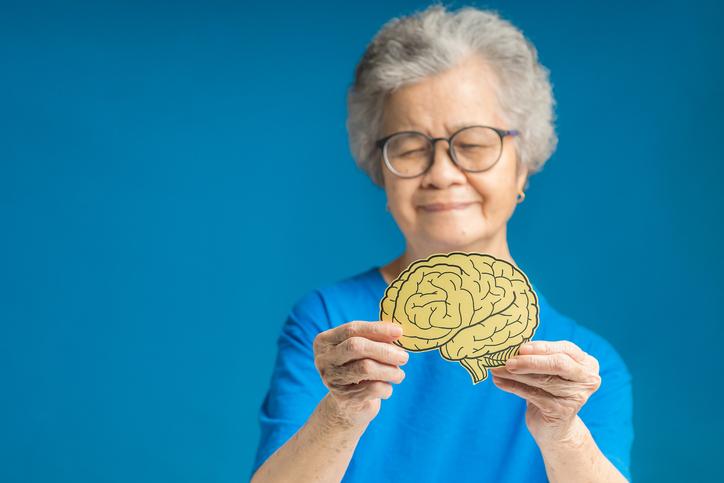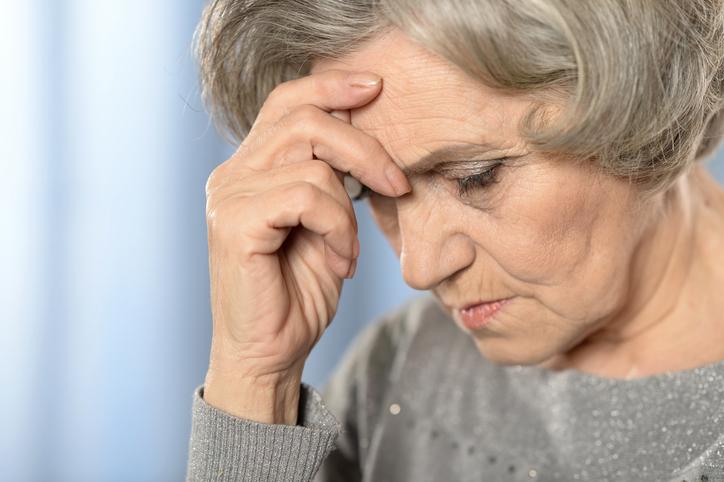19 января 2022
How To Handle Stress When Mint Tea No Longer Helps


19 января 2022
How To Handle Stress When Mint Tea No Longer Helps
People deal with stress every day, and anyone can suffer from severe cases of stress. A person under stress should aim to gradually reduce the stress level in his or her life. Let’s look at what causes stress, and how to most effectively handle it. The primary signs of severe stress are:
*Constant thoughts of negative events:* anxious experiences where the person only looks at the negative and cannot relieve the stress with physical activity or a soothing tea.
*Disturbed and manipulated emotions:* ===Includes constant discomfort and outbursts of anger. The slightest negative emotions can result in screaming, crying, insomnia, the distraction of attention, tremors of the limbs, and muscle weakness.
*Destroyed interpersonal communication:* avoiding loved ones and anything new. Also includes withdrawing into oneself and not branching out into new movies, books, food, etc.
*Alcohol abuse, drowsiness, inability to maintain cleanliness in the house,* and personal hygiene. Also includes minimal physical activity, constant silence, and a desire for solitude.
*Loss of strength, feeling powerless, no interest in finding comfort,* exaggerated intake of sweets, a mixture of extreme entertainment, and solitude.
*Suicidal thoughts* or risky behavior (such as dangerous driving, self-inflicted pain, etc.).
## How stress affects the body
Stress also has a number of purely physiological manifestations. You should be careful if you notice a mix of depression and the following physical symptoms:
- Increased blood pressure, rapid pulse
- Constant colds and ailments
- Unexplained dietary heartburn, gastritis, stool disorders
- Decrease or disappearance of libido
- Eczema, itching, a rash of unknown origin
## How to reduce stress from your life
There are many techniques that can help reduce stress. Remember that if the previously mentioned symptoms persist for more than a month, you MUST consult a psychologist or psychiatrist.
__Discern “can” from “cannot”__
There are things that depend on us, and there are circumstances of force majeure. For example, you can't control the weather. You control only a tiny fraction of what happens in your life—most of the things that happen are out of your control. Try to divide your stresses into “can control” and “cannot control”. 99 percent of the time, people are worried about something beyond their control, such as exchange rates, feelings for other people, and politics. Focus on what falls into the “can” category. This includes playing sports, learning a language, and sleeping more than 6 hours each night.
__Learn to breathe__
Banal breathing control can do wonders. The simplest exercise is called the American Marines Secret, which was performed by soldiers prior to major operations. The exercise is simple: breath in slowly, counting to yourself. Exhale twice as slowly. If it took you, 4 counts, to inhale, exhale 8. Did you stretch your inhalation 5? Exhale for 10. Breathe in and out this way for 4–5 mins.
__Learn to say stop!__
When you feel anxiety is taking over you, just tell yourself: this is not me, it’s just me being worried. Or tell yourself that it is your stress speaking and that you won’t listen to it. It sounds silly, but it helps you distance yourself from stress by no longer viewing it as part of your personality. Treat stress like an outsider—you can even give it a name and improvise mental dialogues to reduce its impact on your life.
__Try the stiff way__
When you are anxious and stressed, take a comfortable position, and stiffen all of your muscles as much as possible: legs, arms, back, abs, facial expression. Stay like this as long as you can, keeping maximum tension, and do not let go. When your strength is running out, relax all the muscles at once and take 4–5 deep breaths and exhale. Repeat 2–3 times, and the anxiety will gradually reduce.
__Take a hot and cold shower__
If possible, go to the shower and turn on the water at the hottest temperature you can tolerate (unless you have heart problems and high blood pressure). After standing under hot water for a minute, very gradually reduce the water temperature and keep going until you can for a minute or two. Gradually cool the water—do not decrease the temperature too quickly. Then go back to hot water and repeat the cycle 2–3 times. This will help to relax you and make you sleepy—take a nap afterward!
__Try the immersion method__
Set aside a specific time each day (10-15 minutes several times a day) that you dedicate fully to reducing stress in your life. Disconnect from all affairs, put down the phone, turn off the TV and concentrate on why you are so stressed. Think about all the details of why you are stressed, and eliminate everything else from your mind. You will be amazed at how you feel afterward. As soon as you find yourself not thinking about stress, quit the exercise, and repeat the next day at the scheduled time.
__These techniques are great for situations where you are stressed but are not having physical symptoms. If you continue to suffer from physical symptoms of stress, see a doctor!__













